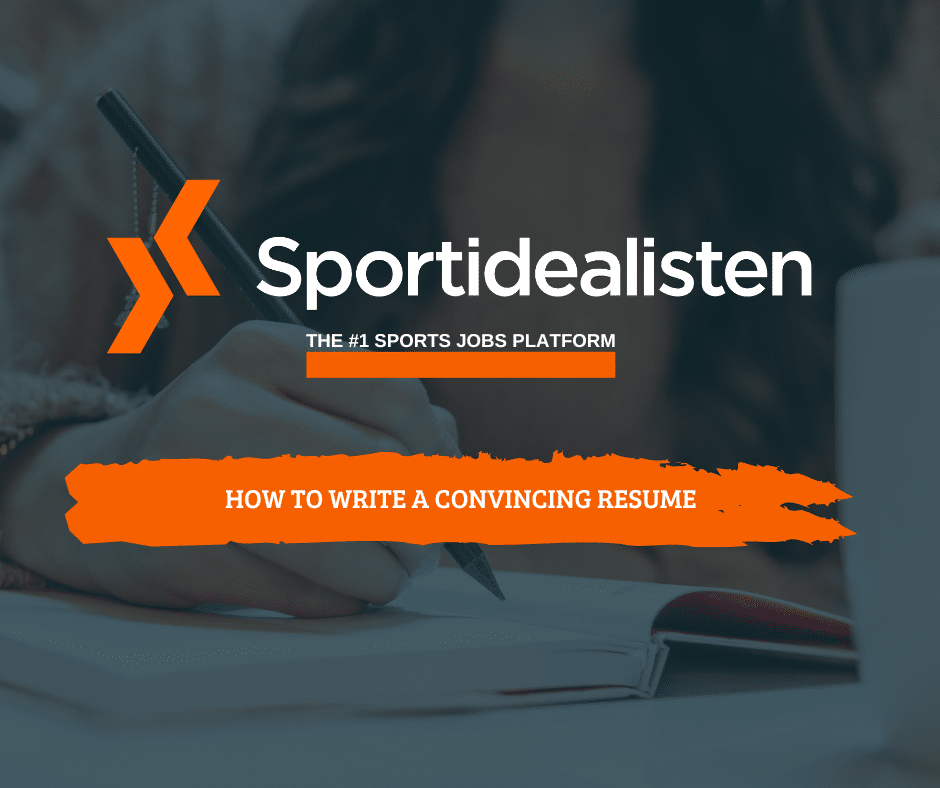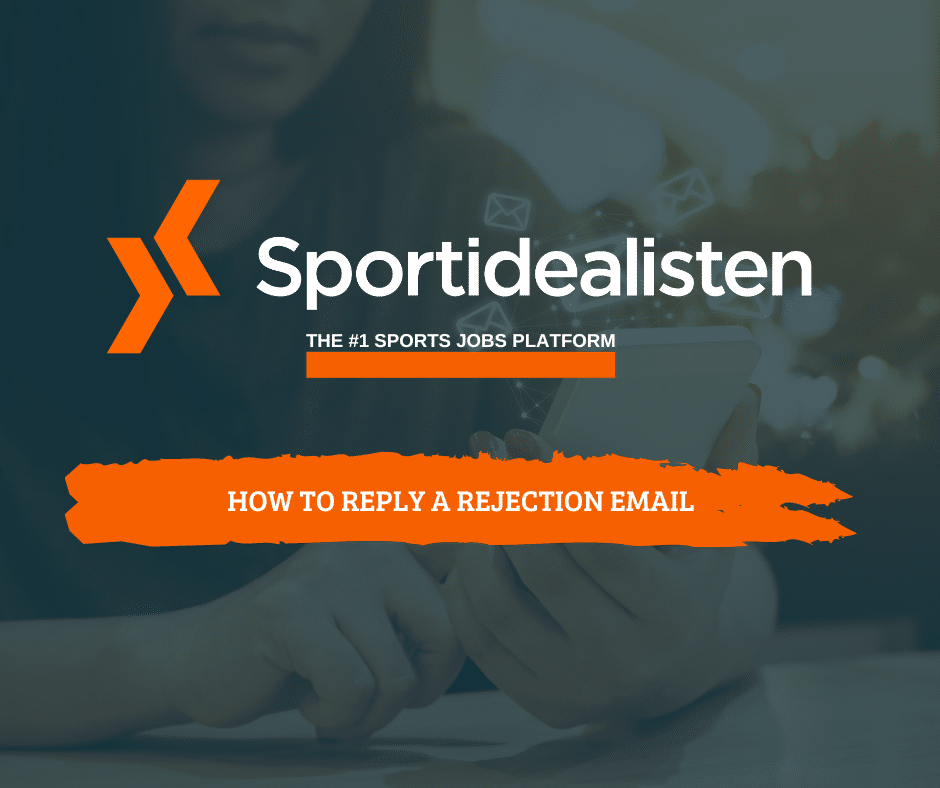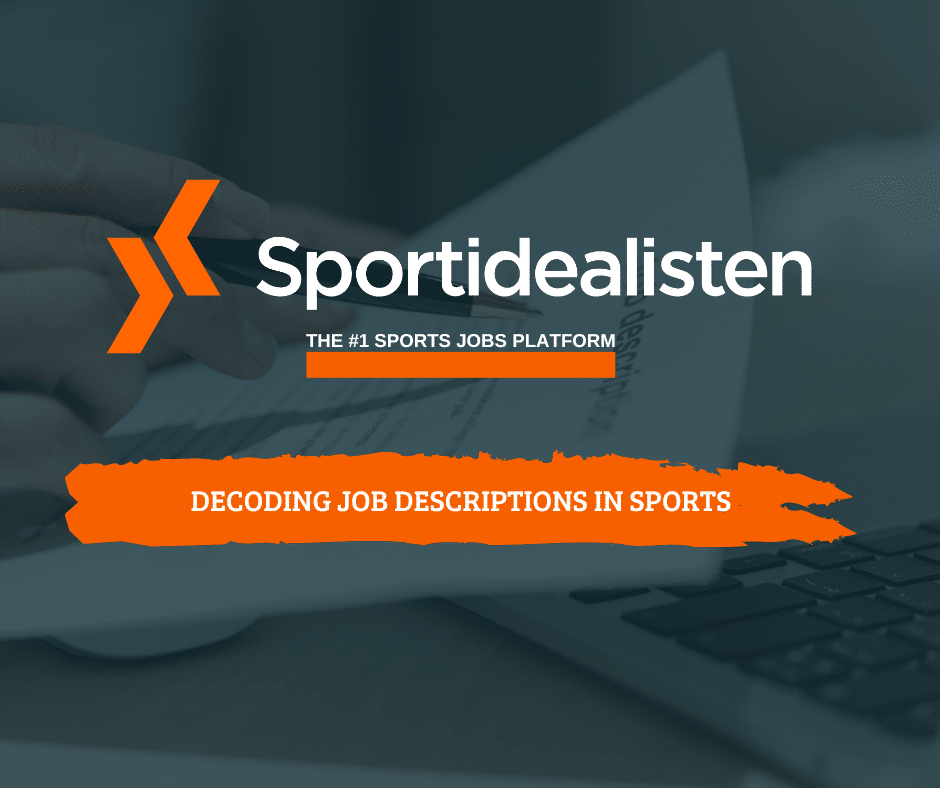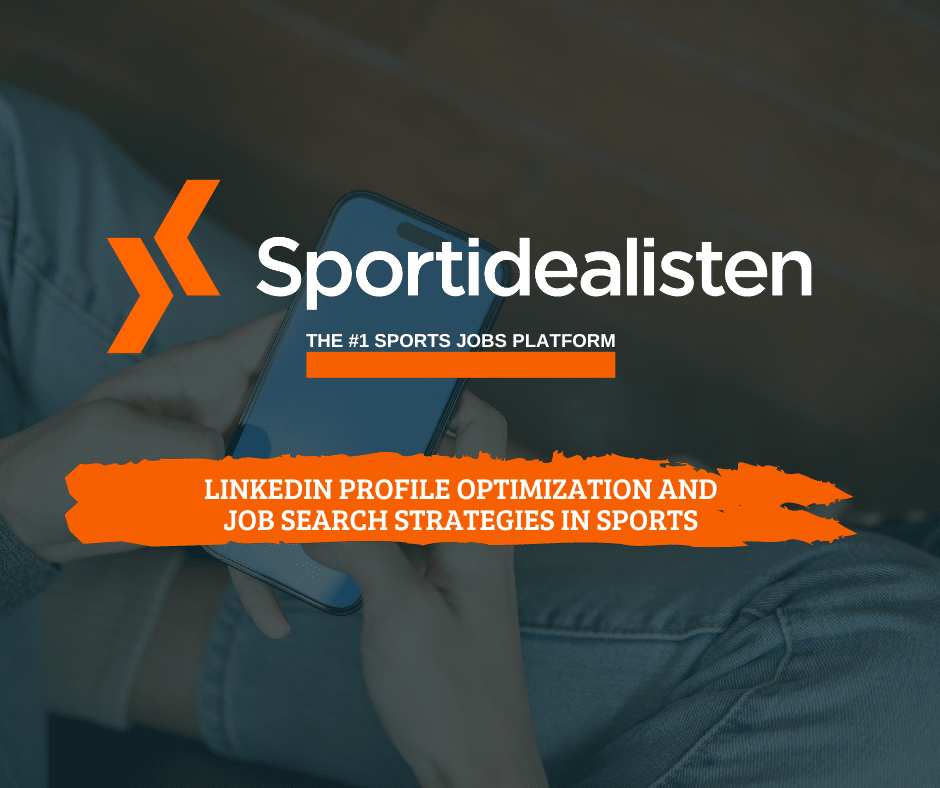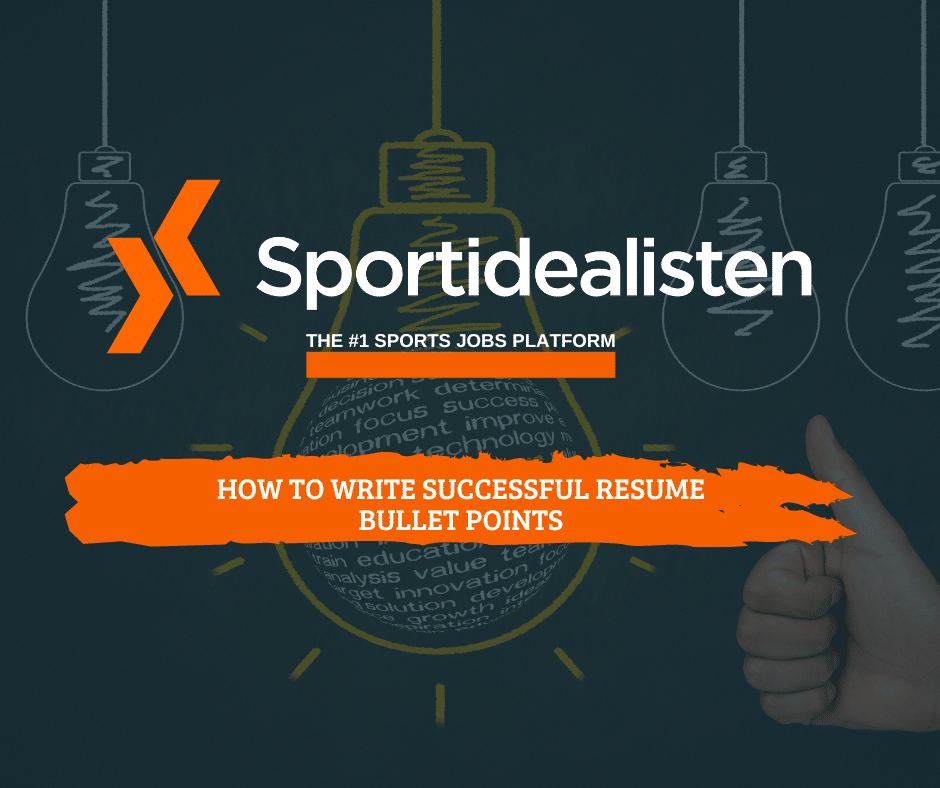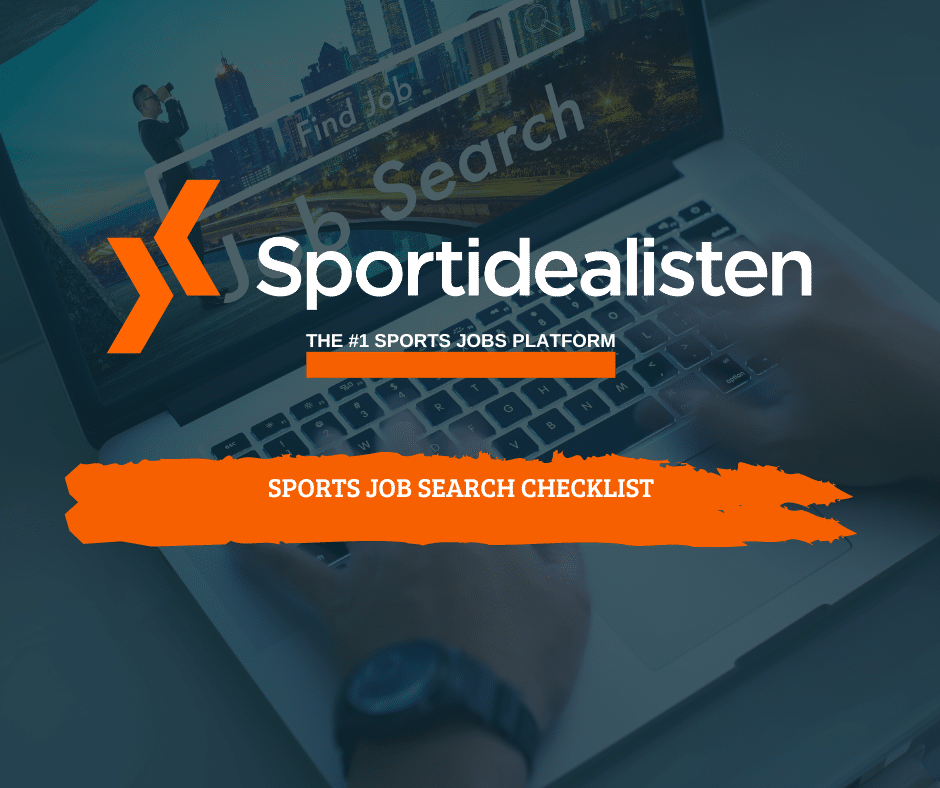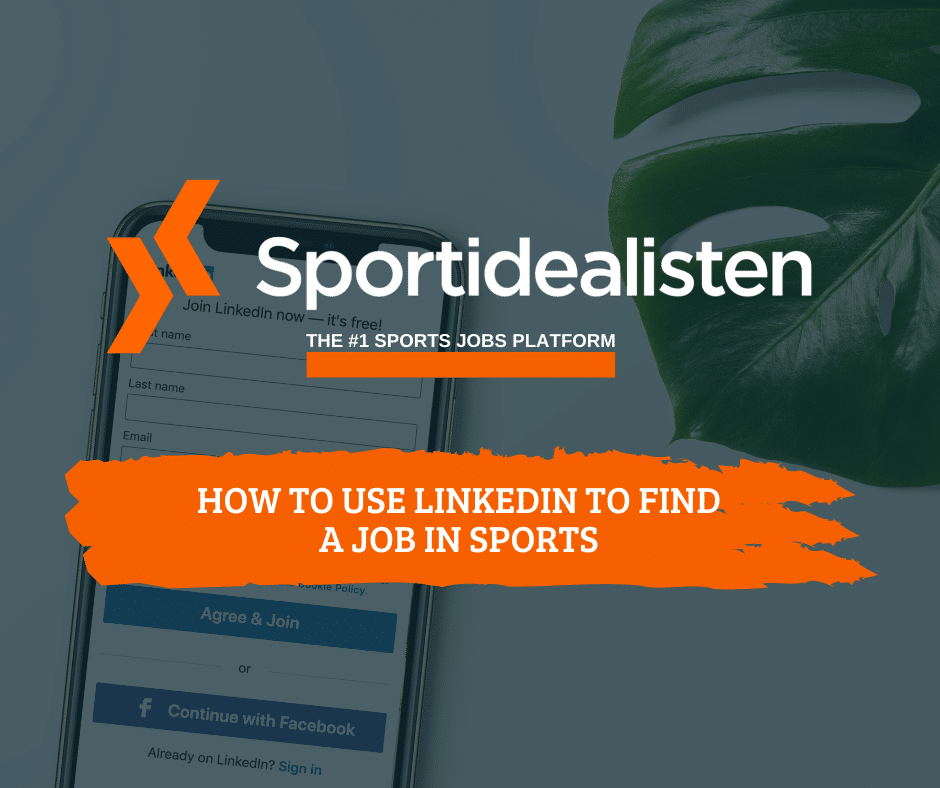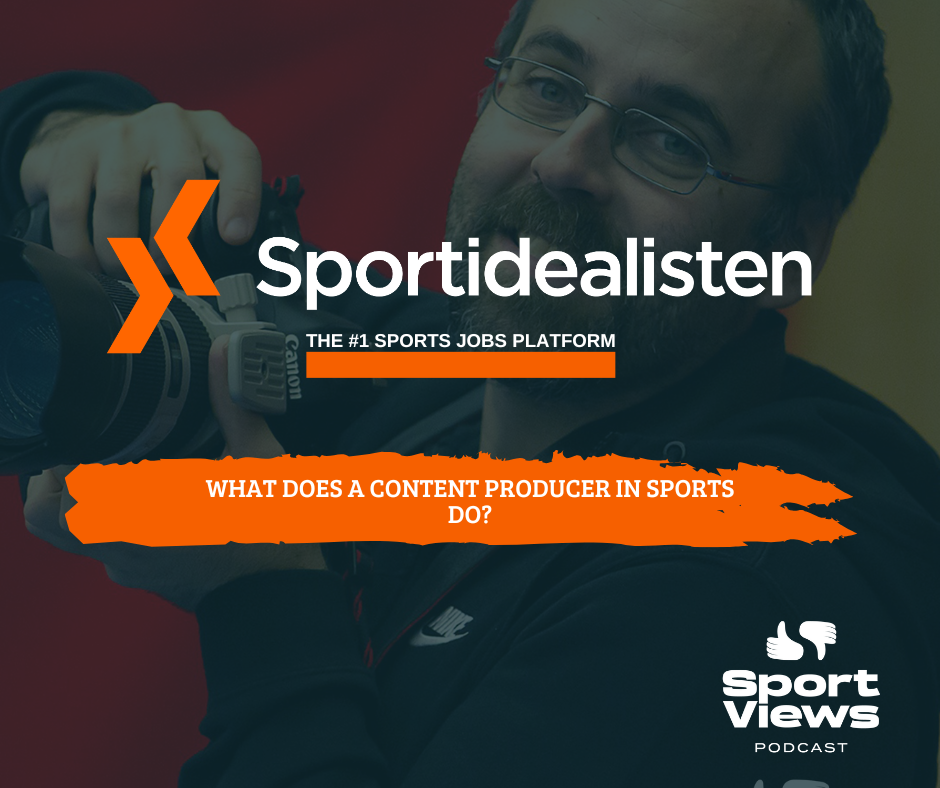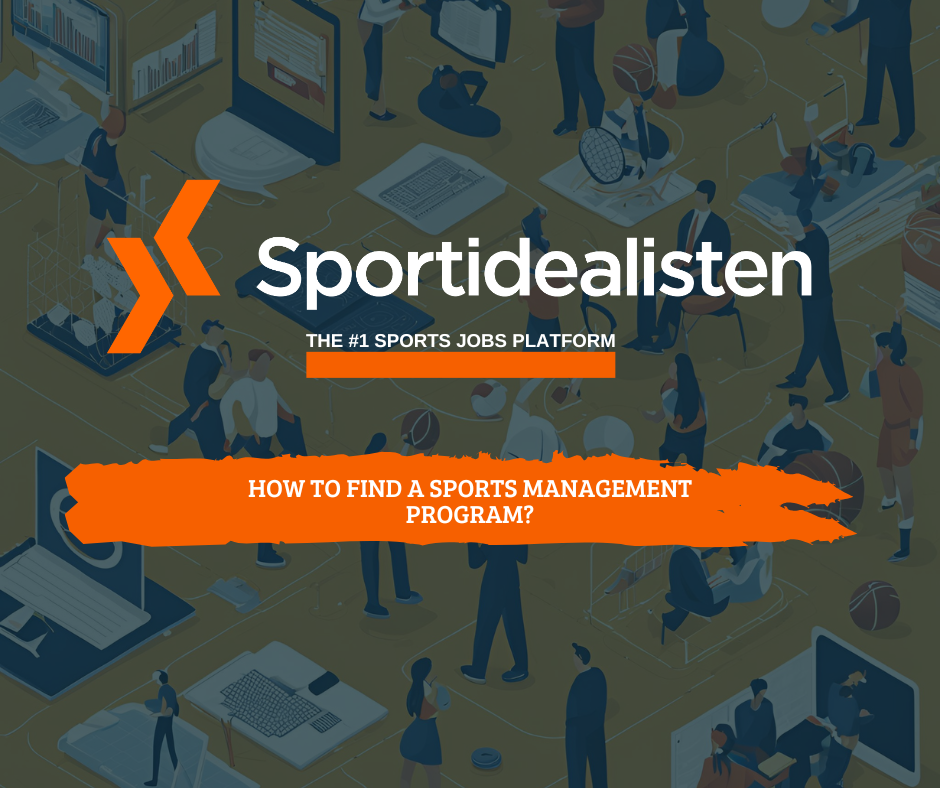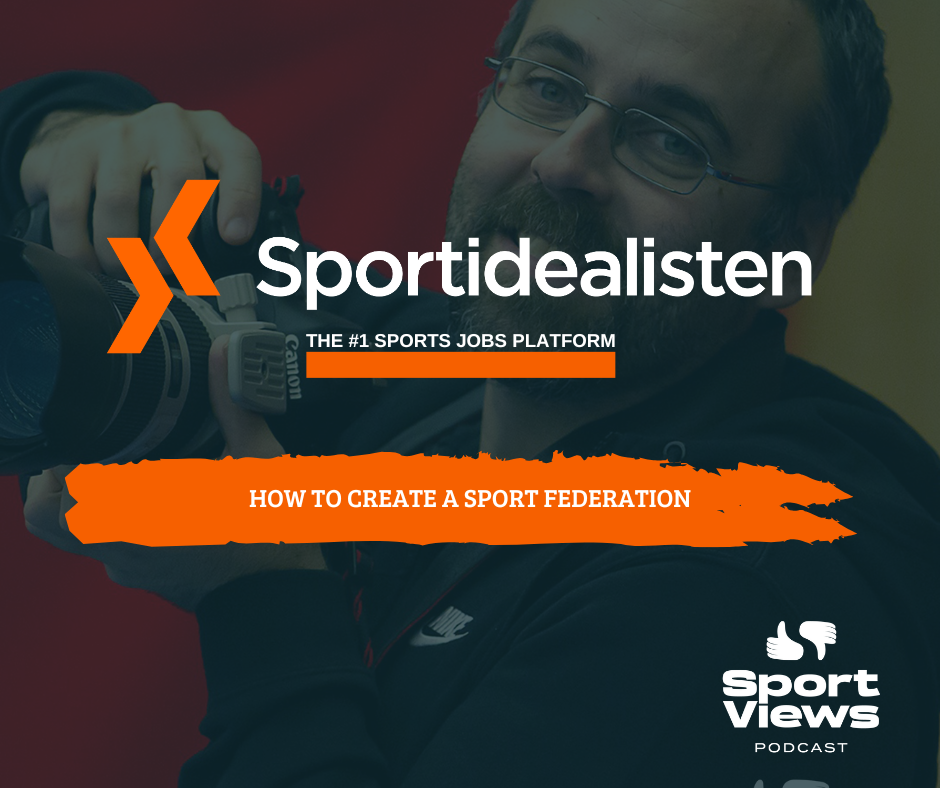Navigating the job search process, especially in the sports industry, can be challenging. To enhance your chances of success, it’s crucial to approach each stage strategically—from crafting a standout resume to optimizing your online presence and preparing thoroughly for interviews. This step-by-step sports job search checklist offers practical tips and tools to streamline your job search, ensuring you make the most of every opportunity.
Below we will go through our sports jobs checklist:
- Resume
- Online presence
- Finding a sports job online
- Applying for a sports job online
- Get an introduction or a referral
- Interviews
Resumes
Use a readable template
When applying online, your resume is often first scanned by Applicant Tracking Systems (ATS) at least at the bigger sporting organizations. Many candidates are rejected because their resume templates aren’t compatible with these tools. Make sure your resume is easily readable by ATS.
📍 Use standard fonts and section titles.
📍 Create your resume in Word or Google Docs, and export it as a PDF. Avoid using Photoshop or creative design tools.
📍 Your resume should highlight your accomplishments, not just list your responsibilities. Avoid writing it like a job description.
📍 Use action verbs and quantify your achievements.
Know someone’s who’s currently looking for a new job? Send them this checklist or share it with your network.
Online presence
The stronger your LinkedIn profile, the easier it is for recruiters to find you, leading to more opportunities coming directly your way.
What you should do
Update your LinkedIn profile:
Ensure your LinkedIn profile and work experience are up-to-date. Craft an engaging LinkedIn headline and summary.
📍 Use an engaging LinkedIn headline.
📍 Write a compelling LinkedIn summary.
📍 Ensure your LinkedIn aligns with your resume, including job titles and work history.
Keyword optimize your LinkedIn profile:
An optimized LinkedIn profile makes it easier for recruiters to find and contact you for relevant roles. To identify the right keywords, review job descriptions you’re interested in or check top LinkedIn profiles in your industry.
📍 Tailor your LinkedIn profile to the sports industry or job you’re targeting; update your job titles accordingly.
Clean up your social profiles:
Take the time to review all your social profiles, not just LinkedIn, and remove anything you wouldn’t want a potential employer to see.
📍 Consider setting your non-professional social profiles (e.g., Instagram, Twitter) to private during your job search if needed.
Finding a sports job online
Explore niche job boards and connect with recruiters in your industry.
What you should do
Search niche job boards related to your field:
While platforms like Indeed and LinkedIn are popular, many jobs tailored to your skills are often found on niche job boards that larger sites don’t aggregate. Employers frequently post on these smaller sites to attract more targeted candidates, resulting in less competition and a higher response rate for you.
📍 To find niche job boards, search “sports jobs” on Google or just stay with us at Sportidealisten.
📍 You can still use Indeed, Monster, and LinkedIn, but complement them with niche job sites like Sportidealisten. Employers often receive many irrelevant applications on larger platforms, leading them to focus less on those candidates.
Contact a recruiter directly:
If you have a company in mind or already have a contact at a company you’re interested in, reach out to the recruiter directly.
Applying for a sports job online
Follow these steps for every sports job you discover online.
What you should do
Tailor your resume to a job posting:
To pass resume screeners, customize your resume for each job application by incorporating the key keywords from the job description.
📍 Save the job description to your computer when you apply. The employer may remove it by the time your interview is scheduled.
Cover Letter (Optional):
A cover letter can help you stand out from other applicants, particularly for your dream job.
📍 Avoid simply summarizing your resume. Your cover letter should offer new insights or information.
📍 While writing a cover letter for each job application can be time-consuming, you can reuse sections across different applications. Just make sure to customize the introduction and highlight relevant skills for each position.
Follow up with the recruiter:
It’s often straightforward to locate the recruiter handling the role you’ve just applied for. Find their contact information on LinkedIn or Google and reach out to them via LinkedIn or email.
📍 Send a personalized connection request on LinkedIn.
Get an introduction or referral
In addition to applying online, consider reaching out to your network to seek an introduction to the company. While optional, this approach can significantly boost your chances of landing an interview.
What you should do
Ask your network who’s hiring
You might already know people who are employed at companies you want to work at. They can directly refer you to companies so you can skip the initial resume screening stage.
📍 If you have a company in mind, go to LinkedIn and find people in your first degree network who work at your dream companies.
Get introduced by mutual contacts:
Utilize LinkedIn to identify contacts outside your immediate network who share mutual connections with you. Request a ‘warm’ introduction from these mutual contacts.
📍 You likely have friends or acquaintances who work at your dream companies.
Set up informational interviews and get referred
📍 Do not ask for a job or a referral directly. Instead, ask your contacts about their company and get a sense of if it’s the right role for you. Take notes – these learnings will also help you stand out at the interview stage.
Interviews
How to prepare for the interview.
What you should do
Prepare questions to ask the interviewer:
At the end of your interview, you’ll likely be asked, “Do you have any questions for me?” Be ready with thoughtful questions!
📍 This is your chance to determine if the company is the right fit for you and to leave a positive impression on your potential employer.
Learn about the employer:
Research the organization to understand what they do, who their clients are, and their overall approach.
📍 Start by visiting the company’s About Us page, review recent news, and pay attention to any updates on funding or strategic announcements.
📍 Discover what sets them apart from their competitors.
Learn the job description:
Thoroughly understand the job description, including your daily responsibilities and the teams you’ll be working with.
📍 Be prepared to explain why you’re a great fit for the role when asked by the interviewer.
📍 For each responsibility or task listed in the job description, come up with specific examples that demonstrate your relevant experience or skills.
Practice, Practice, Practice!
Rehearse the most common interview questions with a friend or in front of a mirror.
📍 Be ready to answer questions like “Tell me about yourself” and “Tell me about a time when…”.
📍 It’s normal to feel nervous, even for seasoned interviewees. Practice in your interview attire to help ease nerves on the big day.
Conclusion
Successfully securing a job in the sports industry requires a multifaceted approach. Start by using a readable resume template and tailoring your resume for each job application. Enhance your online presence by optimizing your LinkedIn profile and cleaning up your social media. Explore niche job boards and connect with recruiters directly to uncover hidden opportunities. Follow up on applications, consider using a cover letter to differentiate yourself, and leverage your network for introductions and referrals. Finally, prepare diligently for interviews by researching the employer, understanding the job description, and practicing common interview questions. By following these steps, you’ll be well-equipped to navigate the job market and increase your chances of landing your desired role.
The sports job search can be incredibly challenging, but we hope our checklist help simplify the process. To receive these tools and career insights directly in your inbox, join our newsletter.
If you found this playbook useful, please consider sharing it with your network. Doing so not only helps others but also allows us to reach more people, enabling us to maintain and expand our free resources.
If you liked this article, may want to read these:
LinkedIn Profile Optimization and Job Search Strategies in Sports
How to Write Successful Resume Bullet Points
Four Tips for a Successful Cover Letter and How to Write It

